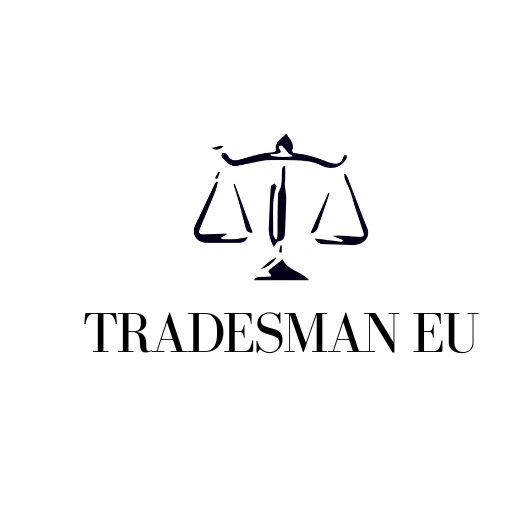The importance of compliance audits for smes
Compliance audits are essential evaluations that assess whether a company adheres to regulatory guidelines. These audits cover various aspects of a business, from financial operations to data protection, and are crucial for maintaining the integrity and reputation of a company.
There are several types of compliance audits, including financial, IT security, environmental, and industry-specific audits, each designed to ensure adherence to relevant laws and standards.
Regular compliance audits help SMEs identify potential risks, improve operational efficiency, and avoid legal penalties. They also enhance trust with stakeholders and provide a competitive advantage by demonstrating a commitment to ethical practices.
Compliance Challenges for SMEs
Small to medium-sized enterprises often face resource constraints that make it challenging to conduct thorough compliance audits. Limited staff, budget, and time can hinder their ability to stay compliant.
The ever-changing landscape of regulations requires SMEs to be agile and informed. Staying updated with the latest laws and standards is vital for ongoing compliance.
For SMEs involved in international trade, understanding and complying with global regulations is critical. This includes navigating complex trade agreements and export controls.
Conducting a Compliance Audit: A Step-by-Step Guide
Effective compliance audits begin with meticulous preparation and planning. This involves defining the audit's scope, objectives, and criteria, as well as assembling an experienced audit team.
The execution phase involves collecting and analyzing data, interviewing staff, and assessing compliance levels. It's crucial to be thorough and objective during this stage.
After the audit, compiling a detailed report that outlines findings, recommendations, and an action plan for addressing issues is essential. Follow-up ensures that corrective measures are implemented effectively.
Best Practices for Compliance Management
A structured compliance management system helps SMEs streamline their compliance processes and ensure consistency across the organization.
Regular training and awareness programs empower employees to understand compliance requirements and their role in maintaining them.
Technology solutions can automate and simplify compliance tasks, making it easier for SMEs to manage their obligations and reduce the risk of non-compliance.






Comments (0)